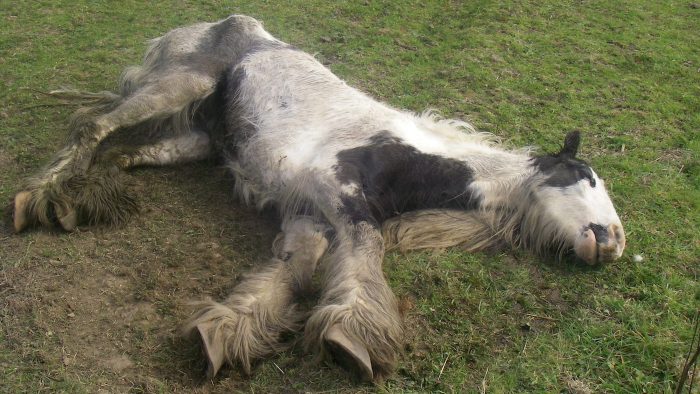Se puede desparasitar una yegua recien parida – Can You Deworm a Mare Immediately After Foaling? With this question at the heart of our discussion, we delve into the realm of equine health and parasite management, exploring the intricacies of deworming practices for recently foaled mares. Join us as we unravel the safety, efficacy, and potential risks associated with various deworming methods, providing a comprehensive guide to ensure the well-being of both the mare and her foal.
Deworming plays a crucial role in maintaining the health of horses, particularly during critical stages like pregnancy and foaling. Understanding the appropriate timing and methods for deworming mares is essential for effective parasite control and prevention. In this article, we will delve into the established protocols for deworming pregnant mares, addressing the rationale behind these practices and their impact on the mare’s health and the foal’s development.
Deworming Methods for Recently Foaled Mares

Deworming recently foaled mares is essential for ensuring the health of both the mare and her foal. Several methods are available, each with its own safety and efficacy profile.
Oral Dewormers
- Convenient and cost-effective
- Available as pastes, gels, or granules
- Administered directly into the mare’s mouth
Injectable Dewormers, Se puede desparasitar una yegua recien parida
- More effective than oral dewormers
- Require veterinary administration
- Can cause local reactions at the injection site
Topical Dewormers
- Applied to the mare’s skin
- Effective against certain types of parasites
- May require multiple applications
Deworming Protocols for Pregnant Mares

Deworming pregnant mares is crucial for preventing parasite transmission to the foal. Established protocols recommend deworming:
- During the last trimester of pregnancy
- Immediately after foaling
- Every 6-8 weeks during lactation
This schedule helps control parasite burdens and protect the foal from infection.
Post-Foaling Deworming Considerations
Determining the appropriate deworming schedule for a recently foaled mare involves considering several factors:
- Mare’s age and health status
- Environmental exposure to parasites
- Presence of clinical signs of parasite infection
Regular fecal egg counts can help monitor parasite levels and guide deworming decisions.
Parasite Prevention and Control: Se Puede Desparasitar Una Yegua Recien Parida

Preventing parasite infestations in mares is essential for maintaining their health and well-being. Effective strategies include:
- Implementing rotational grazing systems
- Maintaining clean and sanitary housing
- Regularly deworming all horses on the premises
These measures help reduce parasite exposure and minimize the risk of infection.
Key Questions Answered
Is it safe to deworm a mare immediately after foaling?
The safety of deworming a mare immediately after foaling depends on the specific dewormer used. Some dewormers are safe for use in foaling mares, while others may pose risks to the mare or foal. Consulting with a veterinarian is recommended to determine the most appropriate dewormer and timing for your mare.
How often should I deworm my mare after foaling?
The frequency of deworming after foaling will vary depending on the mare’s individual needs and risk factors. A veterinarian can help you develop a customized deworming schedule based on your mare’s age, health status, and environment.
What are the signs of parasite infection in mares?
Signs of parasite infection in mares can include weight loss, diarrhea, coughing, dullness, and poor appetite. If you suspect your mare may have a parasite infection, it is important to consult with a veterinarian for proper diagnosis and treatment.